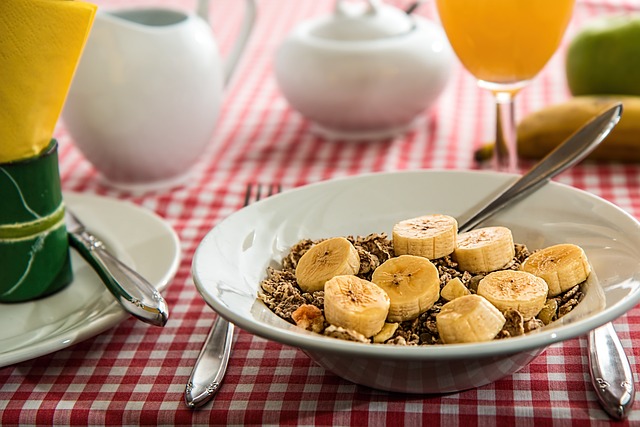Probiotics are live microorganisms that provide a wide range of health benefits when consumed. They are widely known for their beneficial effects on gut health, but did you know that probiotics can also have a positive impact on skin health?
In this article, we will be exploring the surprising benefits of probiotics for skin health.
The Skin Microbiome
The skin is home to a diverse community of microorganisms, collectively known as the skin microbiome. This microbiome plays a crucial role in skin health, acting as a protective barrier against harmful pathogens, maintaining the skin’s pH balance, and regulating inflammation.
Just like the gut microbiome, the skin microbiome is also affected by modern lifestyle factors such as stress, poor diet, and the use of antibiotics. This disruption to the skin microbiome can lead to a host of skin issues including acne, eczema, and rosacea.
How do Probiotics Affect the Skin?
Probiotics work by restoring the balance of the skin microbiome. By introducing beneficial bacteria to the skin, probiotics help to crowd out harmful bacteria and support the growth of beneficial ones.
In addition to this, probiotics also produce antimicrobial peptides that kill off harmful pathogens. This makes probiotics an effective natural remedy for acne, as they can kill off the bacteria that causes acne breakouts.
Probiotics also help to regulate inflammation in the skin. Skin inflammation is a leading cause of skin aging, and can also exacerbate skin conditions such as psoriasis and eczema. Probiotics work by reducing inflammation in the skin and restoring the skin’s natural balance.
The Benefits of Probiotics for Skin Health
Acne
Acne is a common skin condition that affects people of all ages. It is caused by the overproduction of sebum, which clogs hair follicles and leads to the growth of bacteria. This can result in inflammation, redness, and breakouts.
Studies have shown that probiotics can be an effective natural remedy for acne. One study found that individuals who consumed a probiotic supplement had a 50% reduction in acne lesions.
Eczema
Eczema is a chronic skin condition characterized by dry, itchy, and inflamed skin. It is usually caused by an overactive immune response in the skin.
Studies have shown that probiotics can be an effective natural remedy for eczema. One study found that infants who consumed a probiotic supplement had a 58% lower risk of developing eczema in the first 2 years of life.
Rosacea
Rosacea is a chronic skin condition that causes redness, flushing, and small bumps on the face. It is often triggered by factors such as stress, alcohol, and spicy foods.
Studies have shown that probiotics can help to reduce the severity of rosacea symptoms. One study found that individuals who consumed a probiotic supplement had a 25% improvement in rosacea symptoms.
Skin Aging
As we age, the skin loses its elasticity and becomes more prone to wrinkles and fine lines. This is due to a decrease in collagen production and increased inflammation in the skin.
Probiotics can help to combat skin aging by reducing inflammation in the skin and promoting collagen production. This can lead to firmer, more youthful-looking skin.
Conclusion
Probiotics have a wide range of health benefits, including the ability to improve skin health. By restoring the balance of the skin microbiome, probiotics can help to combat skin issues such as acne, eczema, and rosacea. They can also help to reduce inflammation and promote collagen production, leading to firmer, more youthful-looking skin.
If you’re looking to improve your skin health, consider incorporating probiotic-rich foods such as yogurt, kefir, and kimchi into your diet. You can also take a probiotic supplement to help support the health of your skin microbiome.







